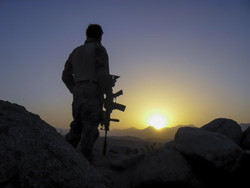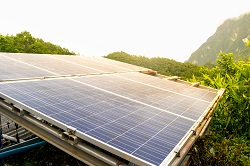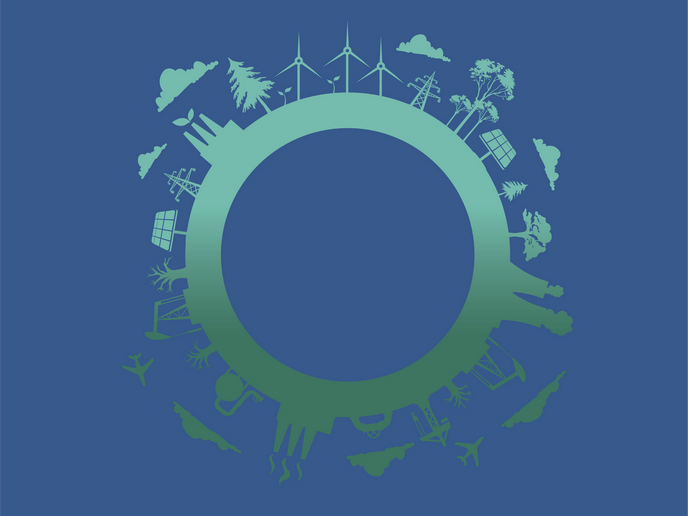Coping with a multitude of uncertainties
People in developing countries often face a multitude of uncertainties such as climatic shock and violent conflict, which can happen simultaneously. Being economically vulnerable while also politically insecure and facing natural disasters can devastate people's overall livelihood. Just how communities and households cope under such circumstances has not been fully examined. In light of this, the EU-funded 'Poverty in the face of conflict' (POVCON) project delved into how armed conflict can impact ways in which people cope with levels of uncertainty. More specifically, it looked at the effect that political violence and drought have on child nutrition. Andhra Pradesh, a state in southern India, was used as a context for the analysis. Two important results were found. One is that drought has negative effects on child nutrition, but only in communities affected by violence. The other is that political violence has major negative effects on child nutrition due to reducing the ability to cope with drought conditions. An interesting finding was that during a ceasefire period the effects of drought had been reversed. Furthermore, the isolation that households face due to conflict has consequences on how well they can cope since access to public goods and services is restricted. Another aspect the project examined is how economic expectation is impacted. First, individuals in conflict areas perceive bad outcomes to be much more likely than individuals in low or no conflict areas. Second, even after 40 years of violent conflict people are still sensitive to changes in the configuration of conflict patterns. This suggests that short-term recovery could be possible and negative effects on outlooks on life and hopelessness are (at least partially) reversible. Important lessons can be learned from the findings in terms of how to cope with the impact of conflicts and uncertainties at the household level.
Keywords
Poverty, violent conflict, natural disaster, well-being, economic expectation







